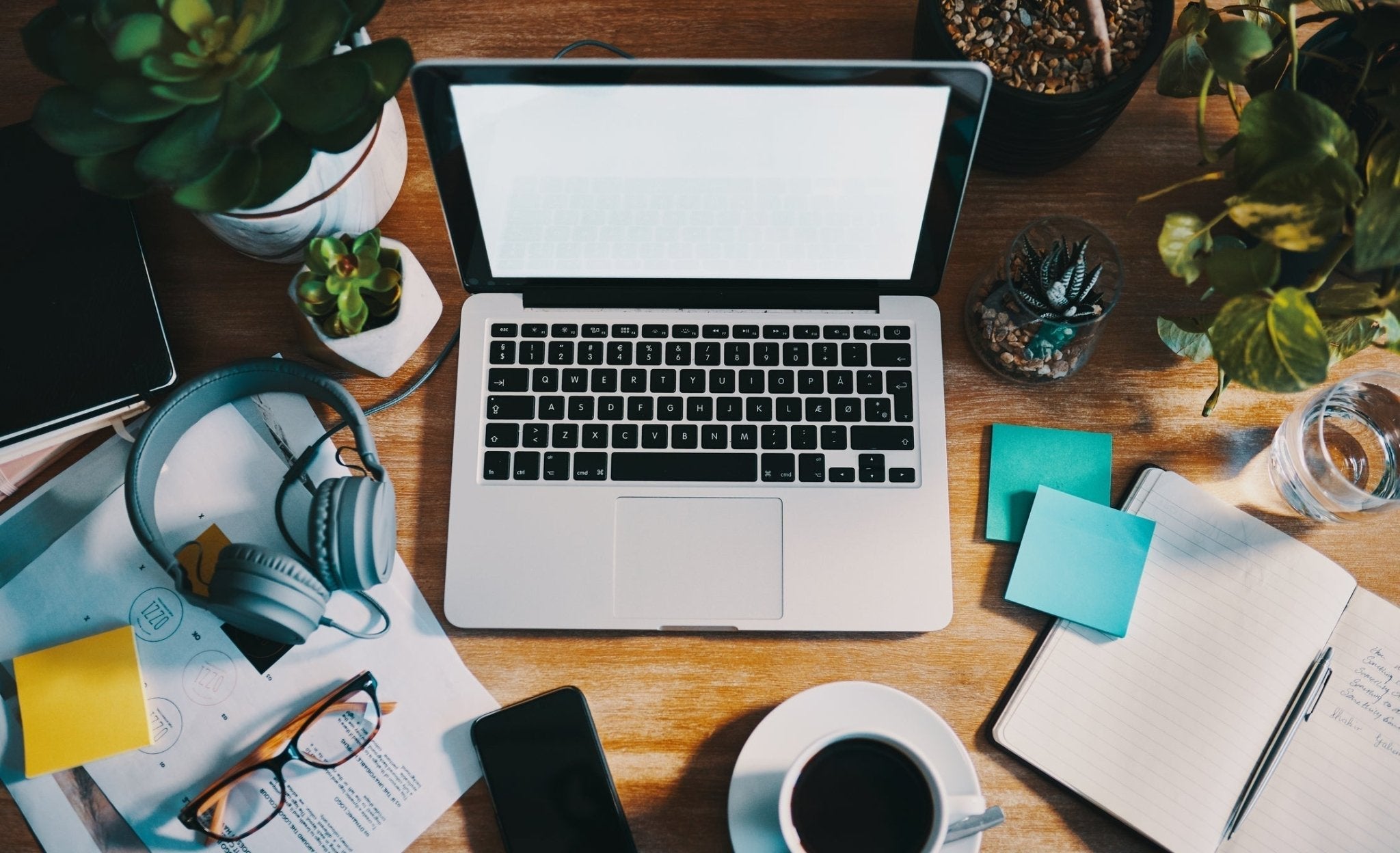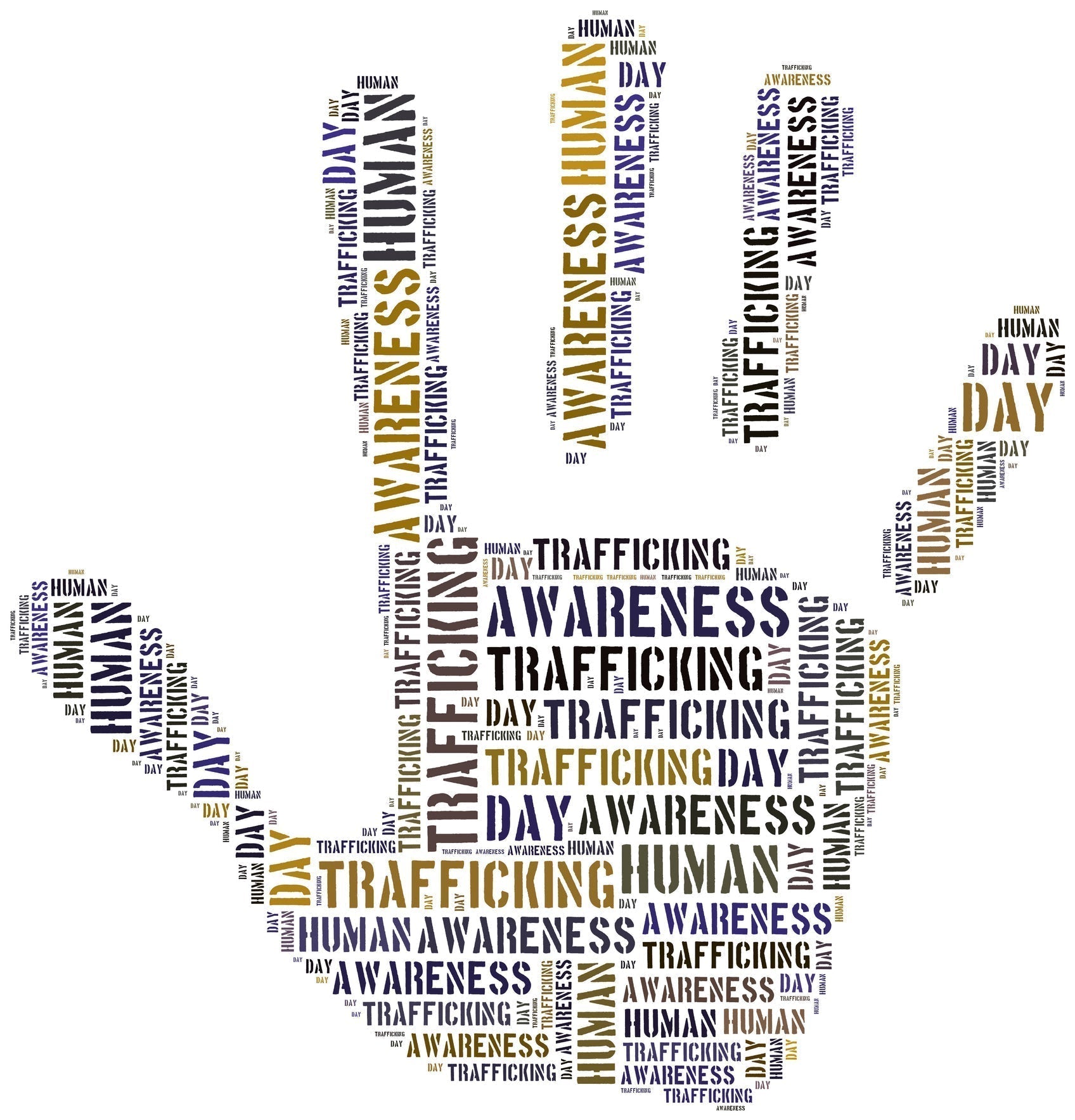There’s no doubt that we’ve all experienced the COVID-19 lockdown in very different ways both practically and emotionally. Most of us likely never want to hear the word ‘unprecedented’ ever again and it’s true that very few of us have ridden out anything like a pandemic-induced quarantine in our lifetimes. Yet, despite the vast difficulties, being rooted to the spot has made us consider the life lessons from lockdown and how we want to progress. Meanwhile the highs and lows have impelled us to weigh up what truly matters to us both individually and as a collective.
Speaking of highs, a recent poll of 2000 British adults by LG Electronics revealed that almost half felt that lockdown has “changed their ways for the better”, with the same number reporting that they’ll continue to practice healthier behaviours after lockdown lifts. Those surveyed cited everything from better sleep to learning new skills and speaking to friends and family more often as positive aspects of lockdown life that they want to retain well into the future.
Meanwhile in the US, Accenture emphasises that social distancing measures can in fact engender greater feelings of social intimacy, with colleagues sharing more personal stories on work calls and regular virtual meet-ups helping us to rediscover social ties with more people than ever before. Here’s how to discover the beneficial aspects of lockdown that have worked for you and how to take them forward when the merry go round of modern life starts spinning again.
Identifying positive habits from lockdown
Capture your ideal day (on pen and paper)
Whether in a journal, notepad or even on a post-it, business coach and founder of 35 Thousand Misty Reich recommends “Detailing your ideal day to identify the positive habits that you want to stick with.” You’re aiming to summarise a regular uplifting day rather than a beach holiday utopia, and putting pen to paper is essential according to Misty:
“Whether you’re mind mapping or simply making a list, it’s critical that you do this exercise using old fashioned pen and paper. Scientific research strongly indicates that the physical act of putting pen to paper has a favourable neurological effect when it comes to helping you to remember a goal or intention and keeping it at the forefront of your mind.”
When journaling your ideal day, take it hour by hour. Note down your wake-up time and how you got up, considering who was with you and how you started your day. If you’re working, think about how and when work came into the day and whether you took breaks to recharge your batteries. Detail how you wound down at the end of the day and what your perfect bedtime routine involved. Finally, reflect on how you felt at lights out and what parts of the day gave you the most energy.
Misty then advises mulling over any common day-to-day energy sappers so that you can “Build your days around elements that give you energy while minimising, reworking or eliminating things that drain you.”
Keep savouring the slow
Health and wellbeing coach Susie Pearl emphasises that, prior to the pandemic, “Achievement and self-worth were often framed around being, or seen to be being, very busy”. The lockdown meant that the ball stopped rolling and many of us appreciated that success can actually entail doing far less. Susie highlights that this is far from a new concept but one that’s begun to dawn on many of us after our usual daily infrastructure has been transformed:
“Spiritual leaders have been championing slowing down for centuries, but it’s only during this lockdown period that many of us have discovered that we can do less in a day and be more content for it.”
You’re likely to be more appreciative of the ‘little things’ than you ever have been – clearing our diaries of events and commutes means that everything from a hug to a chat with our neighbours and having time and space to eat breakfast in the morning are no longer ‘little things’ at all. The world has been turned off and now is being turned on again and the reboot is presenting us with precious moments that we likely neglected beforehand in favour of rushing about.
Get creative
This needn’t mean working on a masterpiece or nurturing a sourdough starter. Taking an innovative approach to everything from professional development to how we spend our spare time can turn the ‘fear and dread’ narrative of the current time on its head.
From a work perspective, Misty points out that this is the perfect window in which to overhaul networking. If this term triggers anxiety, Misty advocates letting go of the term altogether and instead “Focusing on its objective, which is to expand your knowledge and exposure through connection with others.”
We have an unprecedented (…sorry) opportunity to start more meaningful conversations and there’s an increased societal emphasis on helping each other, whether by way of volunteering, mentoring or sharing your insight and skills. Honing your specialisms and polishing up your professional profiles has benefits beyond the practical too:
“As well as helping you to find a new avenue if, say, you’ve been furloughed, made redundant or are looking to change your career path, sharing or writing down your own expertise and achievements can also give you a psychological boost by making you reflect on your capabilities.”
Far from being an ‘add-on’ to our lives, getting creative can also foster cultural change. Susie notes that “Cooking more has led to many of us being more conscious of where our food is coming from, whilst getting into a flow with writing or drawing has made us realise that we needn’t spend wads of cash or be seen at the right parties to make our evenings and weekends fulfilling.”
Susie surmises that we were just all a bit too serious and concerned with keeping up appearances before the pandemic hit. Now we’re ready to work and play in a whole different way.
Read more about Misty Reich here



